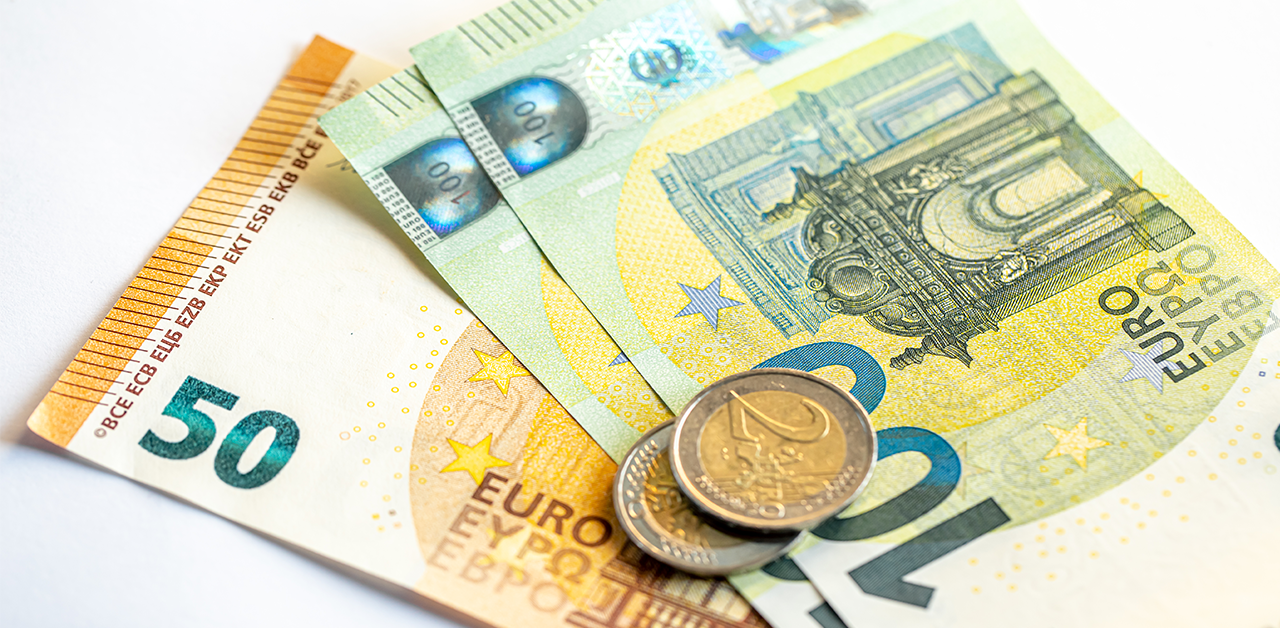Global oil prices have risen again as EU negotiates with Hungary
Oil prices increased on Thursday, extending a cautious advance this week on signals of constrained supply, as the European Union (EU) negotiates with Hungary over plans to prohibit imports from Russia, the world’s second-largest crude supplier, following its invasion of Ukraine. At 0142 GMT, Brent crude futures for July settlement were up 7 cents, or 0.1 percent, to $114.10 per barrel. WTI crude futures for July delivery in the United States rose 22 cents, or 0.2 percent, to $110.55 a barrel.
“An EU embargo on Russian oil imports is the key upward driver,” Commonwealth Bank commodities analyst. On Wednesday, European Council President Charles Michel expressed confidence that a deal may be struck before the council’s next meeting on May 30. However, Hungary continues to be a stumbling barrier to the EU penalties that require unanimous agreement. Hungary is requesting 750 million Euros ($800 million) to improve its refineries and expand a pipeline from Croatia, allowing it to transition away from Russian oil.
Even without a formal ban, Russian oil is scarce on the market as buyers and traders avoid interacting with the country’s crude and fuel providers. Cargoes from Baltic ports are taking lengthier routes to Asian refineries, according to ANZ analysts, while exports to the Netherlands and France have all but ceased. The Permian Basin’s expected growth in oil output to a record high of 5.2 million barrels per day (bpd) is unlikely to close the 2 million to 3 million bpd gap left by lost Russian supply analyst said. Nonetheless, rigorous COVID-19 lockdowns have curbed this week’s increase in oil markets, raising concerns about falling gasoline demand in China, the world’s largest oil importer, and concerns about inflation slowing global economy.











